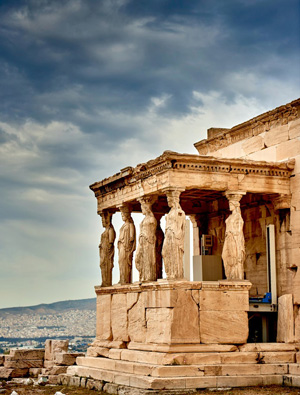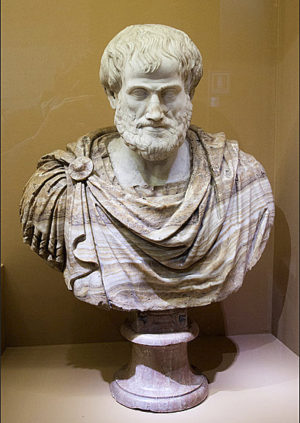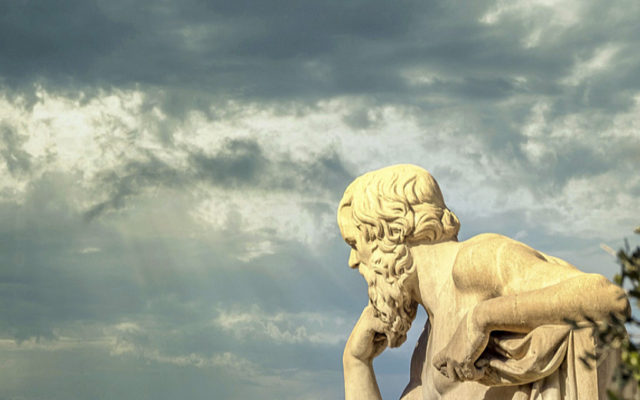Religious morality in Western civilization — Part II: Secular man needing no religious guidance?
Note: The article below, written years ago provided one of several springboard for my narrative for chapters in my book, Controversies in Medicine and Neuroscience: Through the Prism of History, Neurobiology, and Bioethics (2023), which of course provided much more information on this topic, not only in neurobiology but also on the history, politics, and […]





